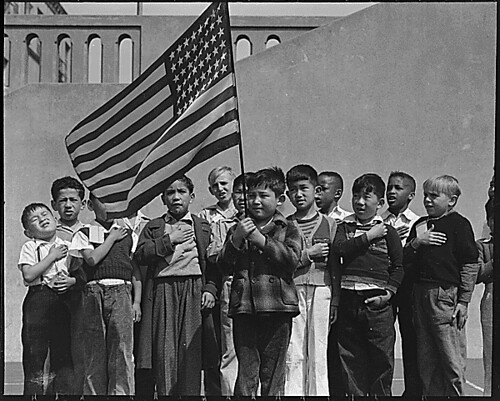
I hate patriotism.
I’ve been getting a lot of TikToks on my For You Page talking about red flags in relationships, and they just keep getting more and more specific. There is, somehow, an agreed consensus against the Kia Soul, women with too many squishmallows and men with names starting with J. Among these lengthy lists are people who rep the American flag, a symbol so common and yet somehow, kind of hated? I mean, I don’t even stand for the pledge of allegiance anymore (most people don’t) even though we were taught to always put our right hands on our hearts whenever the pledge is spoken.
Strangely, in our generation, there is a deeper antagonism for the country that many of the older generations have taught us to love, admire and serve.
What’s with the hate against the red, white and blue? Where did the love go?
Red-pilled
To love something, there should be some quality to love about it.
So what is America? If I were to list the inherent qualities of America, it would go something like:
- Consumer society
- English-speaking, mostly
- …
The United States is not a united place. It is a deeply stratified (and stolen) land, linked by efforts of the federal government’s power to consolidate the resources of the vast country and beyond. There is no subjective truth about America.
There used to be a general belief about America, upheld by media and wealthy citizens. It was the suburban truth, the truth of the homeowner, that permeated what America was, and was understood as. Just watch any Disney Channel show and these uptight families always resided in the American standard of living, portrayed as the common family. But this was always deceptive. Suburban life, following a short stint in the 20th century, faded away as younger generations longed for something else.
In this way, America starts to lose meaning for youth. In years past, conservative America grew from the suburbs, where there was truth about life. One lived in their own house, and across the street was another family that owned their own house. Uniformity perpetuated some observed fact about life itself in America, especially in Evangelical life, where preachers made the virtue of the suburban family holy.
The reactionary responses to issues like immigration and taxation make sense in this context. If truth is what people can only see, then these kinds of issues only seem to harm them. Immigrants, or illegals in their minds, taint the perfect truth that they have prepared in their life, the same truth that the family across from them prepared as well. They have worked too hard for the federal government to mess it all up. For the older generations, the American dream could be attained by some measure of work. To protect this dream, at all costs, is the job of the American government. And when the government did, they waved the American flag and cheered the American name, because it handed them their perfect truth.
For younger generations, the entire logic of this is flipped. There is no dream, no plan and no truth. We work harder to obtain far less. Our share of total wealth is entirely insubstantial compared to baby boomers when they were our age. Life is becoming harder to afford, only remedied for the naive and brave few who embrace the unsustainable hustle culture and lives of productivity.
Struggling from success
America, for so long, failed many walks of life. Oppression turns its roaring gears, still. But the reaches of class tensions finally caught up to the middle class dweller, who, with the explosion of the internet, propogate a tangled web of frustration and progressive thought, including the rejection of the American state and everything that it stands for.
The job of the government is no longer to guard the American dream, conserved in capitalism and shrouded in issues of race and location. The government’s job is to provide the basic services of American life to encourage the growth of personal fulfillment.
The problem is that the government refuses to transform quickly enough. Issues like minimum wage increases, taxes on the rich and social programs have emerged as key liberal issues, but government refuses to react. Conservative politics, in all its wealthy power, maintains ideas of the American dream. They advocate for a smaller government, to stay out of the way of the perfect truth by reducing taxes and burdens on the common person. At the same time, American government must put itself between threats to truth and the truth itself, whether that be “crime,” “illegal” immigration or “radical” ideology.
What conservative politics tries so hard to maintain is something non-existent in many young minds. None of the threats that conservatives perceive don’t even register, because these threats don’t actually harm anything they have. The right-wing version of America, the version that is supposed to be loved, contradicts and even rejects what reality is for many younger people.
There is a disconnect between government and young people in the society that is dangerously top-heavy. So many remarks are made about the average age of a U.S. senator, and it’s a worrying issue. We have reached an age where politics can’t make sense of our lives and definitely can’t respond to it. And thus, there’s nothing to love about America for those who grew up in this generation, born into a dark period of 2008’s recession, the pandemic and the ensuing disasters that are set to happen. America has made living its own anxiety and does nothing to cure it.
The love went away because there’s just nothing to love. And there’s nothing to love because America won’t transform for our generation. So why pledge allegiance to the flag that pledges no allegiance to us?
In conclusion, I hate politics.


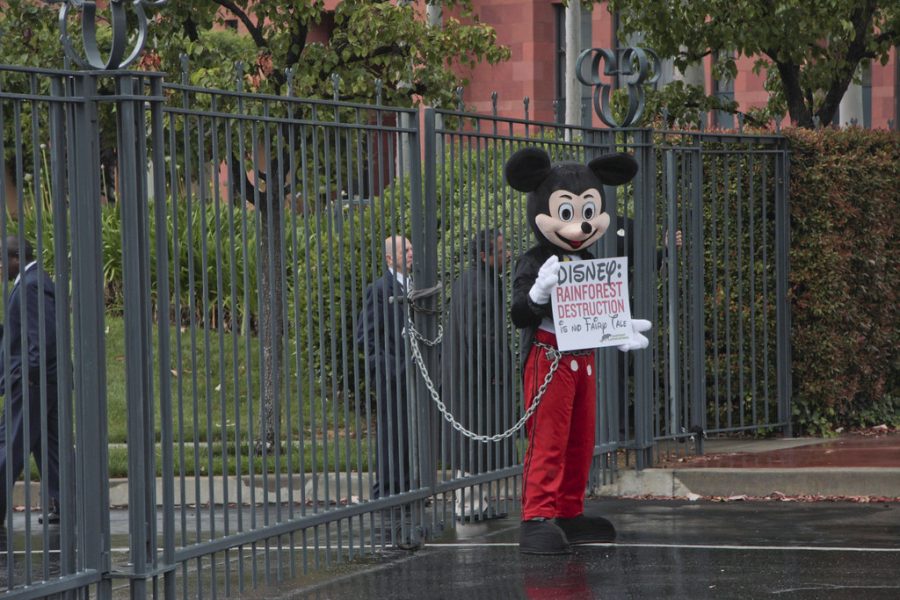



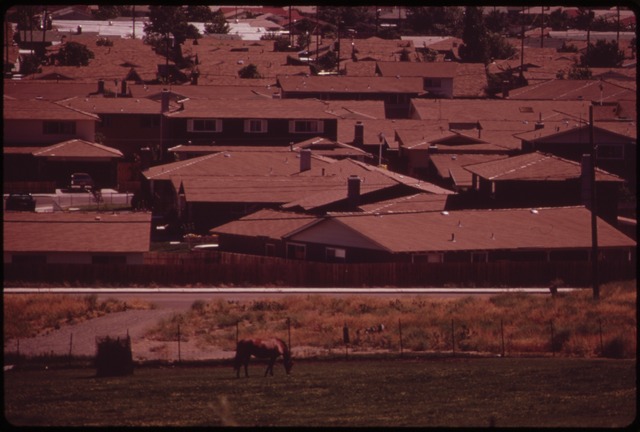
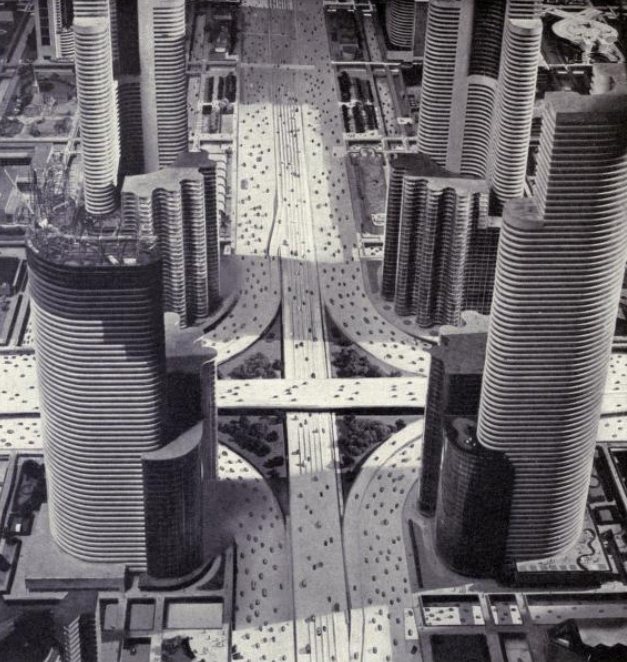
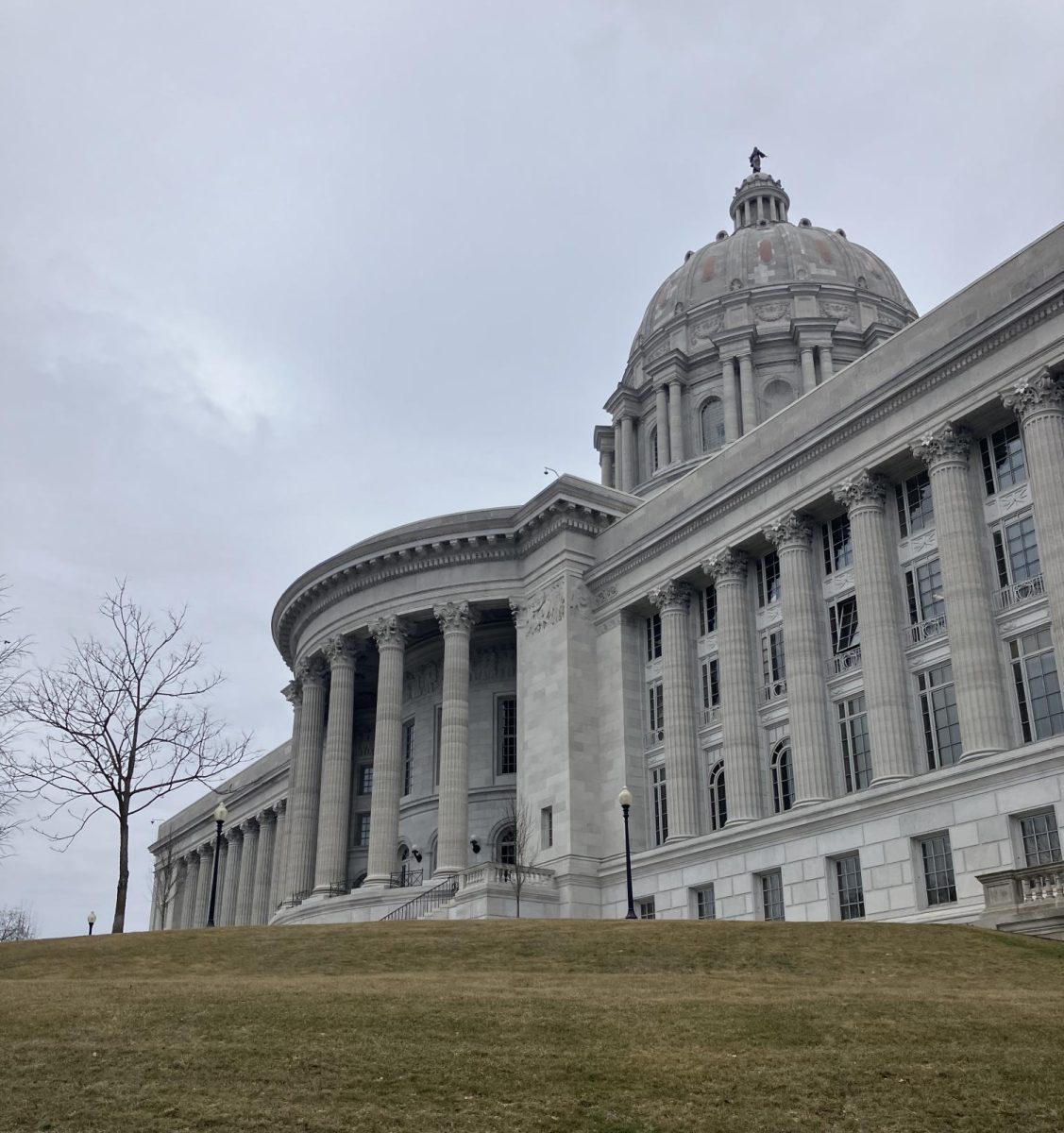

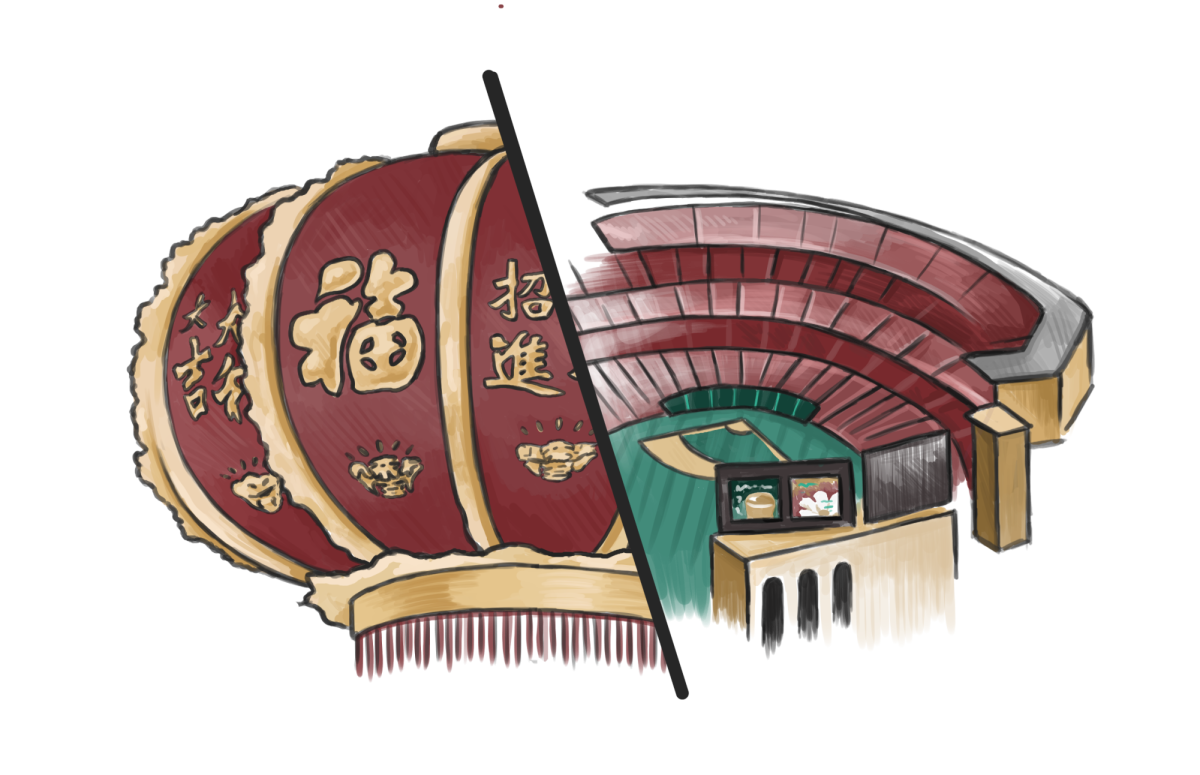
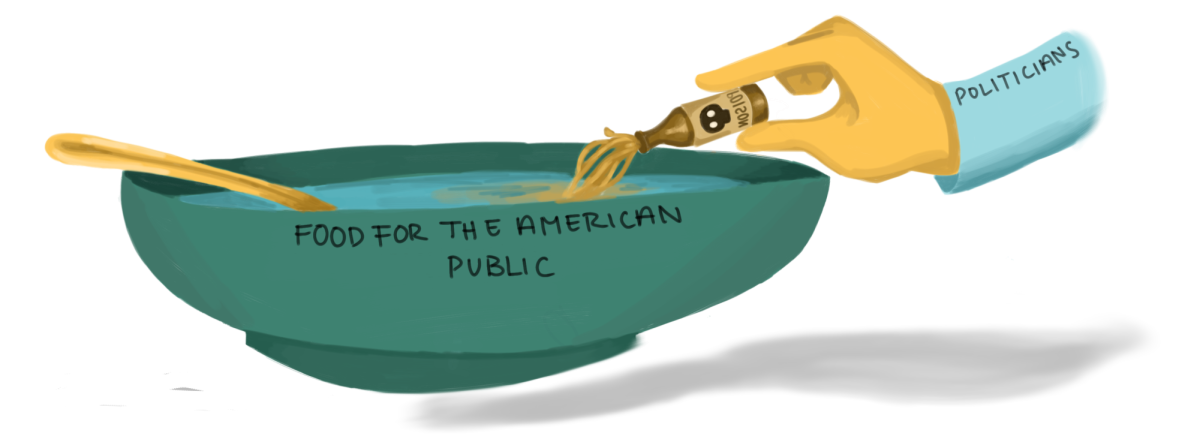
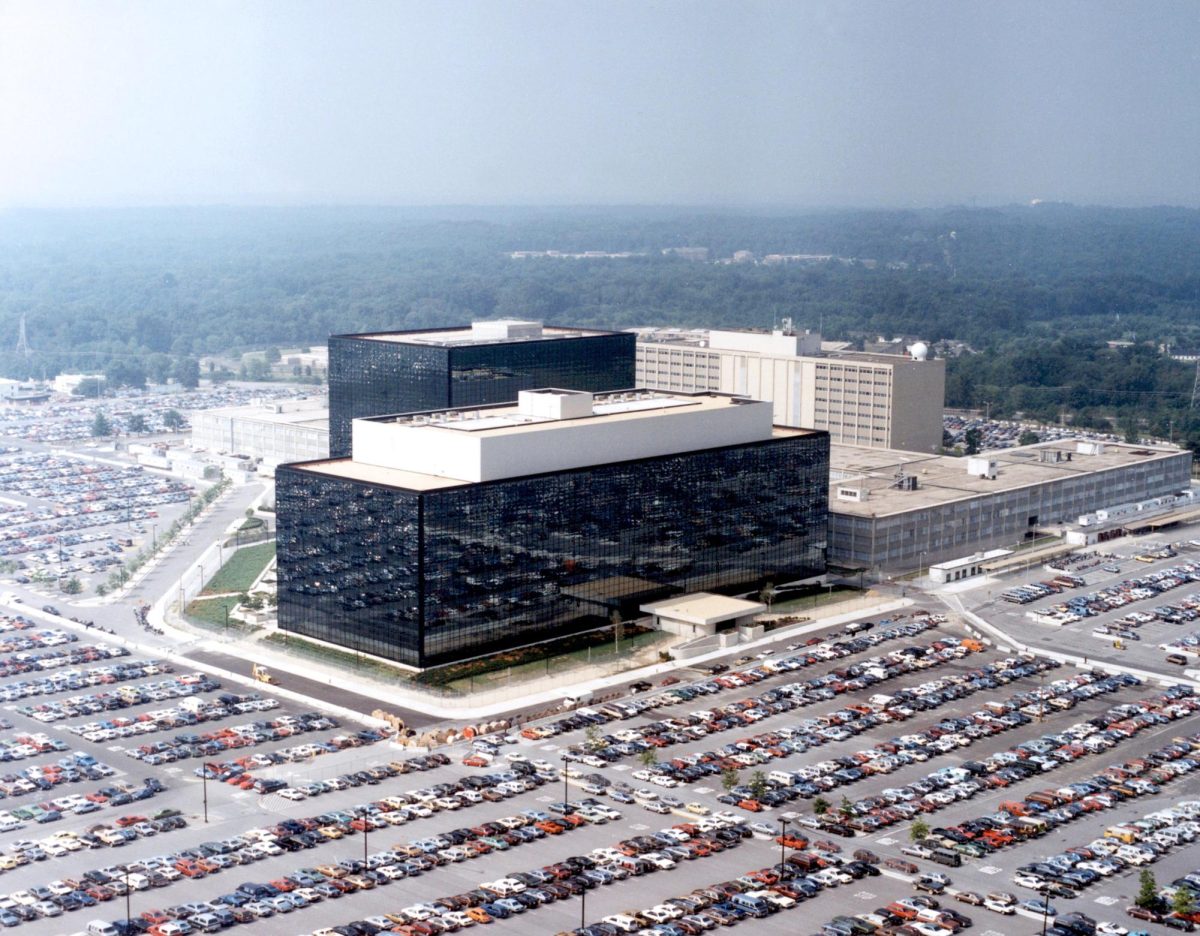


Will Gonsior • Mar 14, 2024 at 2:30 pm
What I love about America:
1. The people. My friends and family are here.
2. Our weak government. Vladimir Putin, President Xi, and Ayatollah Khomeini are too powerful. I prefer our government which errs on the side of not getting anything done at all.
3. We protect Europe. Isn’t it fun?
4. We are a melting pot country, not built on any particular ethnicity, but have formed our own distinctive brand of nationalism.
I like it here.